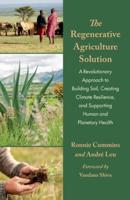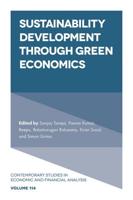Publisher's Synopsis
Agricultural extension is currently undergoing significant global changes, with a growing demand for public extension reform. As a result, the agricultural knowledge infrastructure is evolving, giving rise to a variety of extension actors and innovative solutions to meet the needs of farmers. This book aims to document the past experiences and recent developments in agricultural knowledge information systems.
The book consists of 14 country case studies, including Afghanistan, Benin, Cote dIvoire, Ghana, India, Iran, Mozambique, Nepal, Peru, the Philippines, Trinidad and Tobago, and Zimbabwe. These country studies are intended to provide insights into the experiences of extension systems and the various global agricultural extension reform measures, such as decentralization, privatization, demand-driven, and cost-recovery approaches. Additionally, the book explores institutional pluralism, including the roles of public, private, and non-governmental organizations, as well as innovative extension approaches such as farmer-to-farmer extension, participatory, and self-help group approaches, and ICT initiatives.
This book will be of interest to agricultural extension students, academicians, scientists, practitioners, administrators, and policy makers who are looking to design future reforms, advance pluralistic extension systems, and integrate innovations into their extension approaches.










